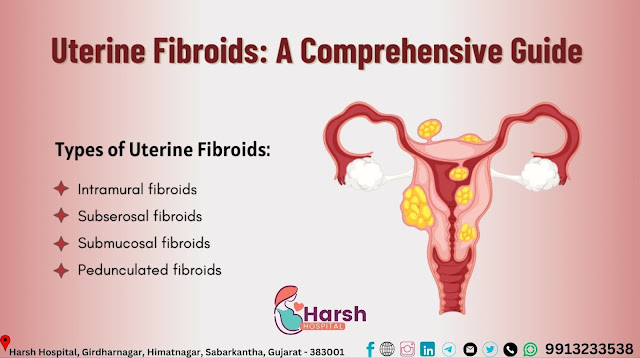Pregnancy-Related Deaths: Causes, Prevention, and Awareness
Pregnancy is a beautiful journey, but it comes with potential risks. Every year, thousands of women worldwide lose their lives due to pregnancy-related complications. These deaths are often preventable with proper medical care, awareness, and timely intervention. Understanding the causes and risk factors can help in ensuring a safe pregnancy and reducing maternal mortality rates.
What is a Pregnancy-Related Death?
A pregnancy-related death is defined as the death of a woman during pregnancy or within one year postpartum due to pregnancy-related complications, childbirth, or related medical conditions.
Major Causes of Pregnancy-Related Deaths
1. Severe Bleeding (Hemorrhage)
2. Hypertensive Disorders (Preeclampsia & Eclampsia)
High blood pressure during pregnancy can cause organ damage, seizures, or stroke.
Early detection and management are crucial for preventing life-threatening complications.
3. Infections (Sepsis)
Untreated infections during pregnancy, labor, or postpartum can spread rapidly, leading to septic shock.
Common infections: Urinary tract infections, Group B Strep, and post-surgical infections.
4. Unsafe Abortions & Pregnancy Complications
Unsafe termination of pregnancy can lead to severe bleeding, infection, and even death.
Ectopic pregnancy (fertilized egg implants outside the uterus) can rupture and cause internal bleeding.
5. Cardiovascular Conditions
Underlying heart diseases can worsen during pregnancy, leading to fatal outcomes.
Regular prenatal checkups can help identify and manage heart-related risks.
6. Blood Clots (Pulmonary Embolism)
Blood clot formation in veins can travel to the lungs, causing life-threatening blockages.
Limited mobility, obesity, and a history of clots increase the risk.
7. Anesthesia & Delivery Complications
Incorrect administration of anesthesia during a C-section or vaginal birth can lead to respiratory distress or cardiac arrest.
Complications like uterine rupture or amniotic fluid embolism can be fatal if not addressed quickly.
Who is at Risk?
While pregnancy-related deaths can happen to any woman, certain factors increase the risk:
✔ Women with pre-existing health conditions (e.g., diabetes, hypertension, obesity).
✔ Women who have limited access to healthcare or do not receive prenatal care.
✔ Pregnant women aged below 18 or above 35.
✔ Those with multiple pregnancies (twins, triplets, etc.).
✔ Women with previous pregnancy complications.
✔ Those experiencing domestic violence or mental health struggles during pregnancy.
How Can Pregnancy-Related Deaths Be Prevented?
✔ Regular Prenatal Checkups – Monitoring health during pregnancy helps detect risks early.
✔ Access to Skilled Birth Attendants – Delivering in a hospital or under trained professionals reduces complications.
✔ Emergency Obstetric Care – Having access to urgent medical interventions like blood transfusions and C-sections.
✔ Proper Management of Pre-existing Conditions – Managing diabetes, hypertension, and heart diseases before and during pregnancy.
✔ Education & Awareness – Understanding the warning signs of pregnancy complications can save lives.
✔ Postpartum Care – Monitoring a mother’s health even after delivery is crucial.
✔ Promoting Family Planning – Birth spacing and contraceptive use help in reducing high-risk pregnancies.
Warning Signs – When to Seek Medical Help?
🚨 Seek immediate medical attention if you experience:
✔ Heavy vaginal bleeding.
✔ Severe headache, blurred vision, or swelling.
✔ High fever and chills.
✔ Persistent vomiting or difficulty breathing.
✔ Seizures or unconsciousness.
✔ Severe abdominal pain.
✔ Signs of depression or suicidal thoughts postpartum.
Harsh Hospital, Himatnagar – Your Trusted Partner in Maternal Health
At Harsh Hospital, Himatnagar, we prioritize maternal health and offer:
✔ Comprehensive prenatal and postnatal care.
✔ Advanced labor and delivery facilities.
✔ Emergency obstetric and neonatal care.
✔ Specialized care for high-risk pregnancies.
✔ 24/7 medical support for mothers and newborns.
📞 Book Your Appointment Today!
📍 Visit Us at Harsh Hospital, Himatnagar
🌐 Website: www.harshhospitals.com
💙 Because Every Mother Deserves a Safe Pregnancy! 💙










